Risk of many types of cancer due to genetic disorders
A 26-year-old male patient with a family history of colon cancer in his father, aunt, uncle, and cousin was admitted to the hospital due to persistent abdominal pain and fatigue.
At Bach Mai Hospital, through examination and endoscopy, doctors discovered that the male patient had a large, ulcerated tumor in the transverse colon. Pathology results confirmed: colon adenocarcinoma.

Lynch syndrome is a genetic disorder that increases the risk of many types of cancer, especially colorectal cancer.
PHOTO: Center for Disease Control and Prevention and Committee, Bach Mai Hospital
According to the Center for Nuclear Medicine and Oncology (Bach Mai Hospital), with a special family history, the above patient was assigned a gene sequencing test to find the cause.
The results identified the patient as carrying a mutation in the MLH1 gene. This was key evidence confirming the diagnosis of Lynch syndrome, the most common form of hereditary colorectal cancer.
After the cause of the cancer was found, along with treatment for the patient, doctors provided genetic counseling for the patient and the whole family.
Lynch syndrome is a genetic disorder that increases the risk of many types of cancer, especially colorectal cancer, according to the Center for Nuclear Medicine and Oncology.
The cause is mutations in genes that are responsible for "repairing" errors in DNA replication (such as MLH1, MSH2, MSH6, PMS2). When this error-correcting system is broken, mutations accumulate rapidly, leading to cancer formation at a much younger age than normal. Carrying a mutation in the MLH1 gene means that a person faces a risk of developing cancer many times higher than the general population.
In particular, with colorectal cancer: the risk increases from 1.9% to 52% - 82% (27 to 43 times higher).
Endometrial cancer (in women): risk increases from 1.6% to 25% - 60% (15 to 37 times higher).
Stomach cancer: risk increased from 0.3% to 6% - 13% (20 to 43 times higher).
Ovarian cancer (in women): risk increases from 0.7% to 4% - 12% (5 - 17 times higher).
With accurate diagnosis results using advanced genetic technology, patients and their relatives need to consult and develop an effective prevention plan.
Source: https://thanhnien.vn/tim-thay-gen-ung-thu-gia-dinh-khien-nhieu-nguoi-tre-mac-benh-185250905115102735.htm


![[Photo] Urgently help people soon have a place to live and stabilize their lives](/_next/image?url=https%3A%2F%2Fvphoto.vietnam.vn%2Fthumb%2F1200x675%2Fvietnam%2Fresource%2FIMAGE%2F2025%2F12%2F09%2F1765248230297_c-jpg.webp&w=3840&q=75)







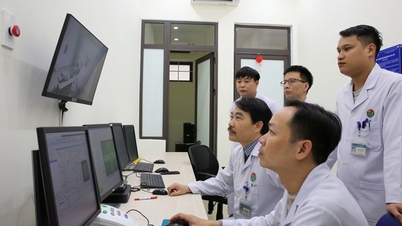



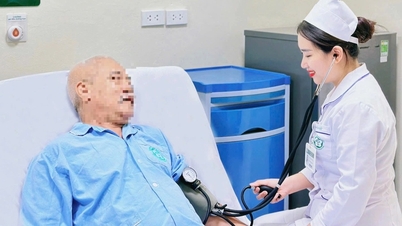










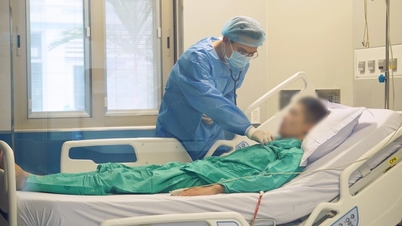



































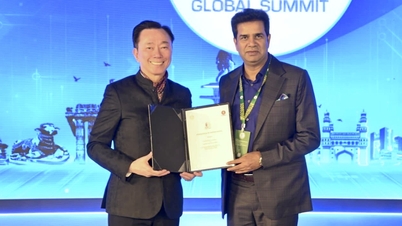

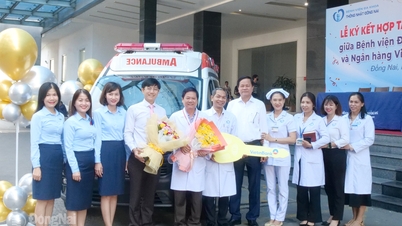































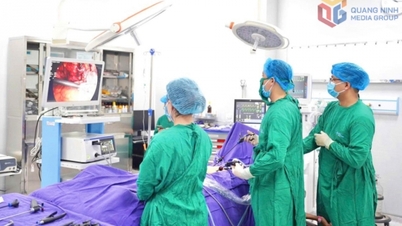

















Comment (0)